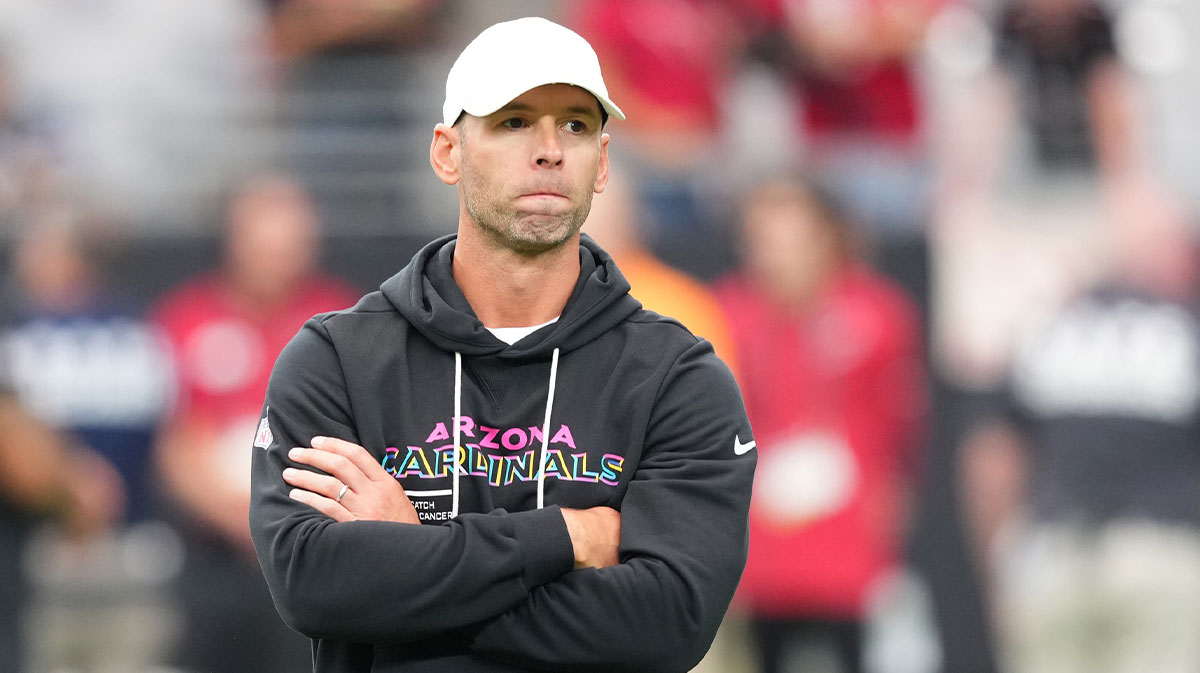Arizona Cardinals head coach Jonathan Gannon sent a blunt message to his locker room after Sunday’s collapse, warning that “the clock is ticking” for everyone in the building, from star players to coaches and staff.
The warning came after the Cardinals blew a 21-6 halftime lead and fell 22-21 to the Tennessee Titans on Joey Slye’s 29-yard field goal as time expired. Tennessee’s rally capped a chaotic finish that flipped what looked like a comfortable win into a gut punch for Arizona.
HC Jonathan Gannon on what he told his team postgame:
"The clock is ticking…We have to do a better job to close out games." pic.twitter.com/rK8uADU3TM
— SleeperCardinals (@SleeperAZCards) October 6, 2025
Gannon didn’t sugarcoat where the blame sits. He pointed to a string of self-inflicted errors, most notably Emari Demercado’s fumble just before crossing the goal line that wiped out what would have been a long touchdown, and a bizarre turnover sequence that turned an interception into a Titans score, and said closing games has to become nonnegotiable. “It doesn’t matter if you’re a No. 1 overall pick, a Pro Bowl safety, a third-year head coach, first-year assistant … we have to do a better job to close out games,” he said.
The loss dropped Arizona to 2-3 and extended a troubling trend. The Cardinals have now let late leads slip away with alarming regularity, and the narrative around the team has shifted from potential to panic in short order. Fans and local media have zeroed in on play-calling and situational execution, and several outlets raised the question of whether offensive coordinator Drew Petzing will survive the storm of criticism.
Gannon accepted accountability but made clear that the leash has a length. He said he will look at personnel, preparation, and the little things that decide games.
This is more than one embarrassing loss. It’s a pattern of late-game breakdowns that undermines confidence in scheme and execution. The Cardinals have talent, including playmakers who can move the ball, but mistakes in critical moments have turned potential into a one-step-forward, two-steps-back slog. For a team that expected to contend in the NFC, Sunday’s meltdown raises immediate questions about urgency in the building.
If Arizona wants to stop hearing “the clock is ticking,” it will need cleaner fundamentals, steadier decision-making, and a fast turnaround from a locker room that now knows the margin for error is paper-thin.




















